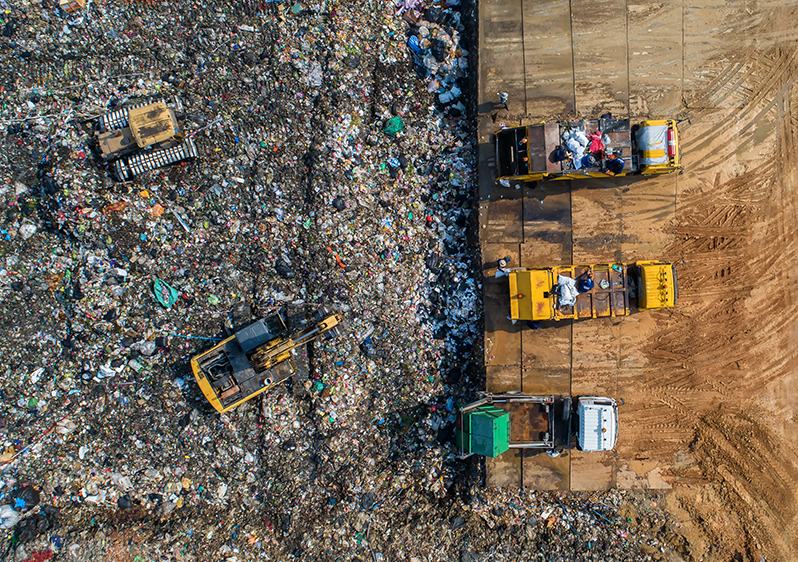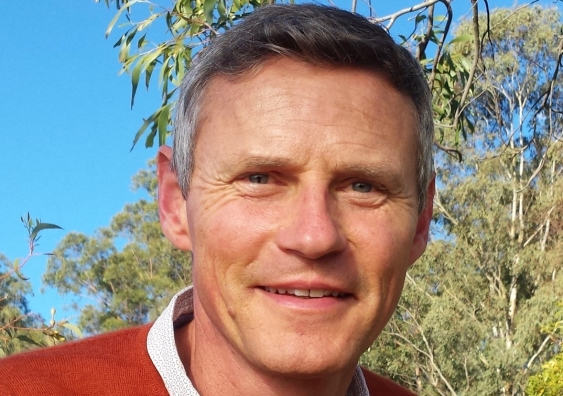The engineers helping us to see the real size of our environmental footprints
The Industrial Ecology Virtual Laboratory is helping governments and businesses see that society has an environmental footprint extending far beyond its physical boundaries.


